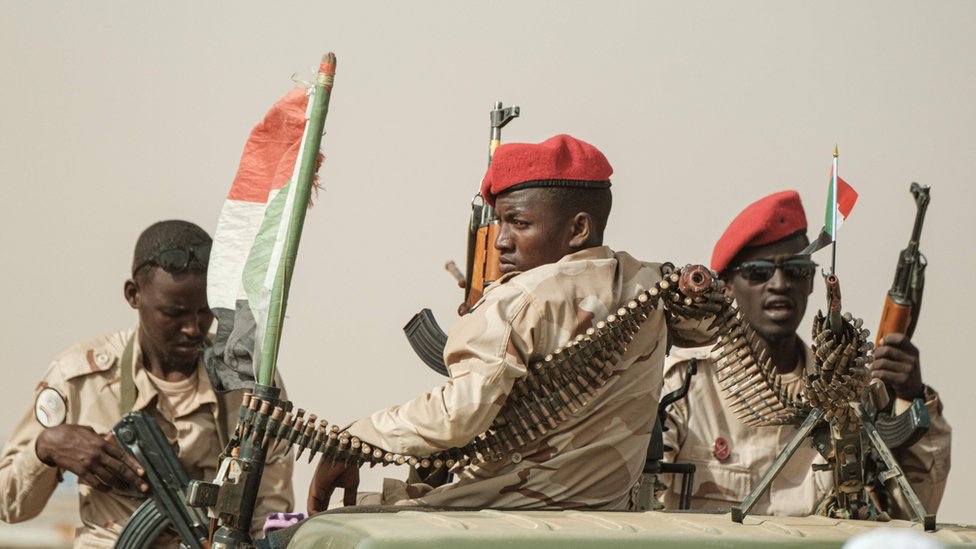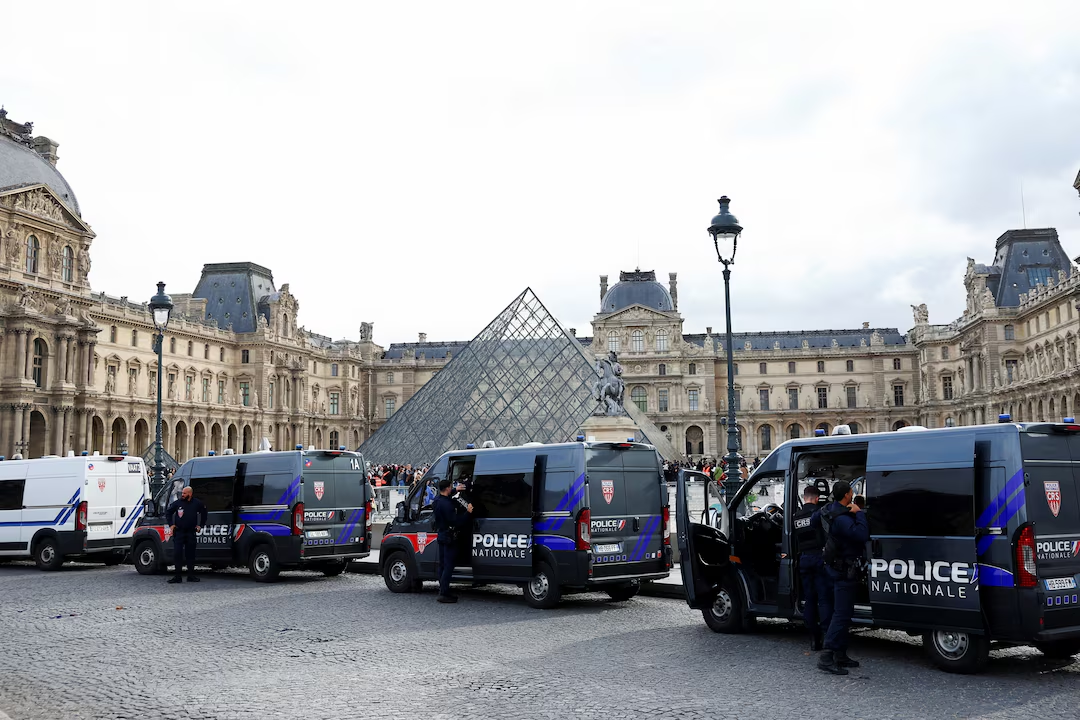Nairobi, October 30- In a dramatic escalation of the conflict in Sudan, the paramilitary force Rapid Support Forces (RSF) has seized control of El Fasher, the capital of North Darfur and until recently the last major stronghold of the Sudanese Armed Forces (SAF) in the Darfur region.
Key details
- After a long siege, the RSF entered El Fasher and reportedly carried out mass-killings of civilians, with one medical network reporting at least 1,500 people killed within a few days.
- A particularly shocking incident: the World Health Organization (WHO) says more than 460 patients and their companions were killed inside the Saudi Maternity Hospital in El Fasher.
- Satellite imagery from the Yale School of Public Health Humanitarian Research Lab corroborated features consistent with mass killings—objects the size of human bodies, reddish ground discolouration near hospital and detainment sites.
- The RSF has been accused of going from house to house, executing civilians, including women and children, attacking hospitals and blocking evacuation routes.
- The humanitarian implications are dire: an estimated 177,000 civilians remain trapped in the city amid the RSF takeover and the communication blackout.
Why this matters
- The fall of El Fasher gives the RSF near‐complete control of Darfur, significantly shifting the balance of power in Sudan’s long-running war.
- The scale and nature of the alleged killings raise grave concerns about war crimes, ethnic cleansing or even genocide.
- The crisis deepens the humanitarian catastrophe: millions displaced, infrastructure collapsing, health services unable to cope.
- For East Africa and Kenya in particular, instability in Sudan could mean increased refugee flows, regional security spill-over and greater strain on humanitarian resources.









